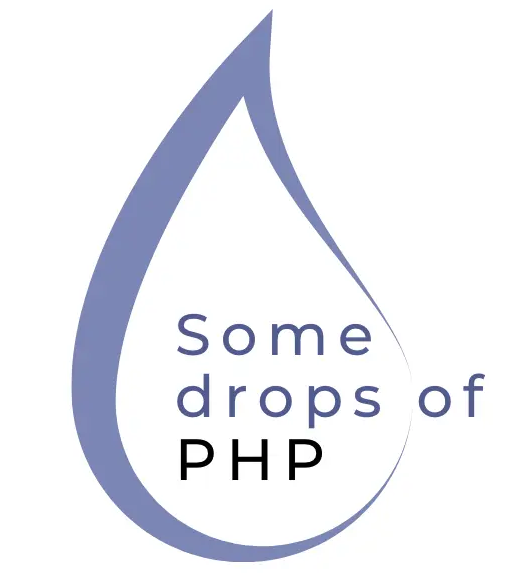Anonymous functions in PHP
Anonymous functions
Usually in PHP to reuse code and logic you can use functions. A classical declaration of function is something like this:
// Define a classical functionfunction sum($x, $y) { return $x + $y;}// call the sum functionecho "Calling sum(5, 3) function: " . sum(5, 3) . PHP_EOL;echo "Calling sum(1, 2) function: " . sum(1, 2) . PHP_EOL;In this example with the “classic declaration of function”, you have the keyword function, then the name of the function (in this case sum) and then the parameters (in this case $x and $y). The name is important because, later, when you need to “call” the function you need to use the name (for example sum(5,3)).
Anonymous functions are functions without a name. You can declare in this way:
The function does not have a name but it is assigned to a variable, in this case, $sum.
Probably, it may seem a little strange the way you call the anonymous function, it is a mix of using variables $sum and defining parameters (5, 3).
But why do you need an anonymous function? Or better, when do you need to use the anonymous function?
Suppose that you have a function that:
- generates a first random number (1..10);
- generates a second random number (1..10);
- applies a function to these two numbers. The function that you can apply is something that you can pass as a parameter and perform an operation with these two numbers and return a result.
$sum = function ($x, $y) { return $x + $y;};$mul = function ($x, $y) { return $x * $y;};function apply($func) { $a = rand(1,10); $b = rand(1,10); return $func($a, $b);}echo "APPLY sum : " . apply($sum) . PHP_EOL;echo "APPLY mul : " . apply($mul) . PHP_EOL;If you declare your sum() function as anonymous you can assign it to a variable $sum and you can pass that function to the apply() function.
An example with a PHP core function
Some PHP core functions require a function as a parameter. For example, the array_map() function requires setting a function to apply to each array element:
In this case, you can refactor, declaring a variable $double and assigning the function that doubles the argument.
$a = [1, 2, 3, 4, 5];$double = function ($x) { return $x * 2;};$b = array_map( $double, $a);print_r($b); // [2,4,6,8,10]Wrap-up
Anonymous functions are a powerful feature in PHP that allows developers to create flexible and modular code. By enabling functions to be defined without a name and to capture variables from their surrounding scope, they offer a range of possibilities for more dynamic and maintainable programming.
